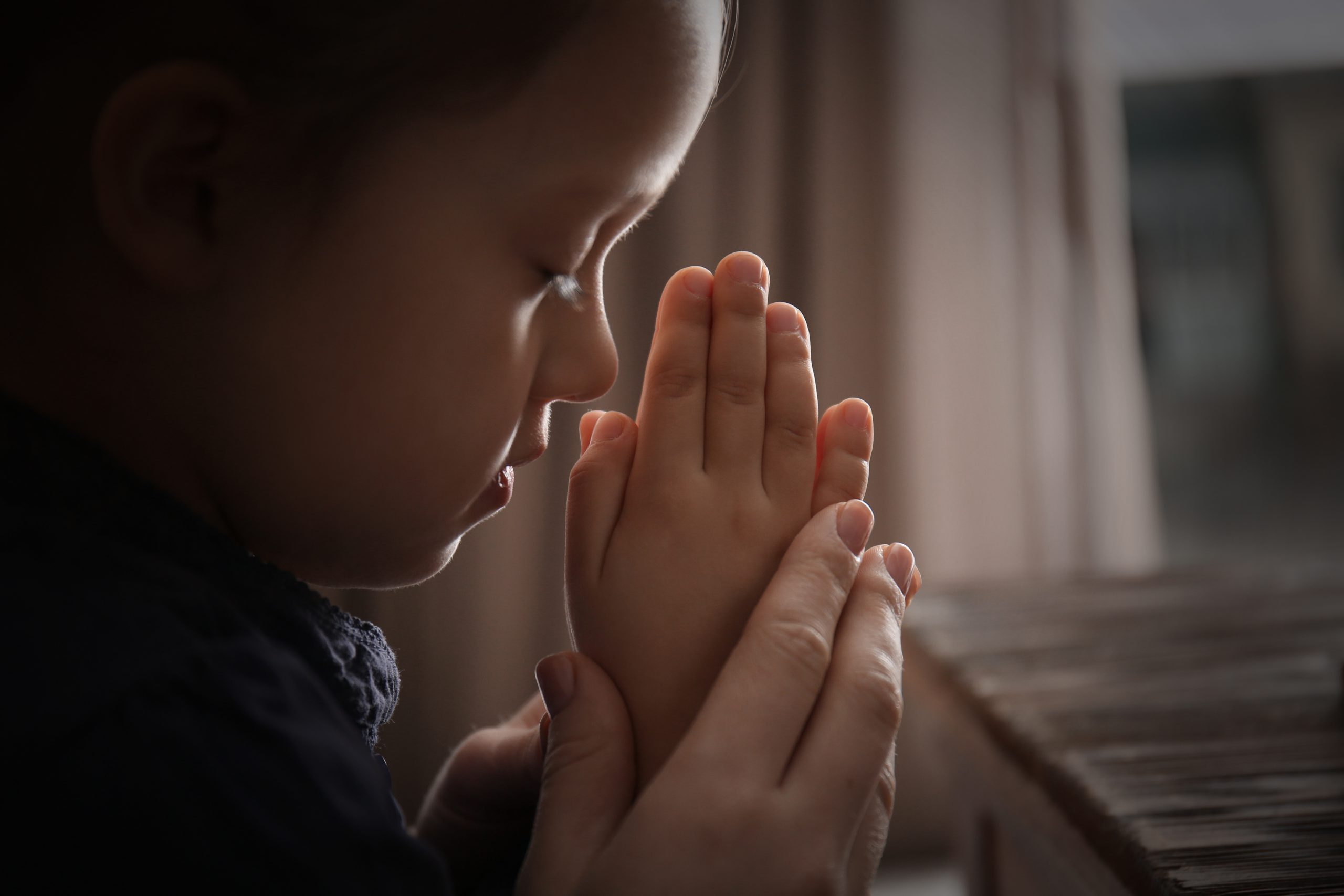
By Lois Heron
Teach [your] children of the [loving ways] of God; [so] that the next generation might know them, the children yet unborn, and rise up and tell them to their children, so that they should set their hope in God, and not forget the works of God, but keep his commandments” (adapted from Psalm 78).
The Sacred Scriptures emphasize the honor and responsibility we have to our family and future generations to teach the ways of God. Let’s consider an object lesson, as it were, God used to open the eyes of his people to their sacred responsibility to sanctify their families.
The first books of the Bible and the Book of Joshua relay the lengths God went to to establish his covenant with his creation. He chose the family of Abraham and his future generations to fulfill his desire that all creation would know of his desire to bless them. He led his people into the long-awaited Promised Land through the River Jordan under the leadership of Joshua. God instructed Joshua to tell his people, “Sanctify yourselves; for tomorrow, the Lord will do wonders among you” (Jos 3:5). And he did!
Later, when they crossed the Jordan, God instructed his people to build an altar with 12 stones from the river so that “these are to be a sign among you. When your children ask you, ‘What do those stones mean to you?’ you shall answer them, ‘The waters of the Jordan ceased to flow before the ark of the covenant of the Lord when it crossed the Jordan.’ Thus these stones are to serve as a perpetual memorial to the Israelites” (Jos 4:6-7).
This wasn’t the only time God instructed his people to build an altar as a remembrance (a visual reminder of God’s faithfulness), but it is one that will encourage us in our desire to live our faith effectively so that we become the holy families God desires to bless.
Altars would eventually serve other purposes: a place where parents would prophesy over their children by reminding them that they were created for a purpose—to serve the Lord God with all their mind, all their strength and all their heart. An altar became a sacred place where parents would release children into their prophetic destinies and where they would receive their father’s blessing. It would also become a destination to offer sacrifices of thanksgiving to the Lord on behalf of their family.
Over time, the geographical altars of remembrance became family altars in the culture of Judeo-Christian home life. It was a designated place in the home. The purpose was the same: a family remembered God’s faithfulness to their ancestors in the faith (Bible stories), and they conversed with God together, showing their love and thanksgiving for him (prayer). The benefit to future generations, of course, depended on how committed the parents were to passing on the faith to their children.
I grew up with a family altar that shifted throughout the day: from the kitchen, where we knelt at our chairs after breakfast as my father would pray for each of us before we went our separate ways; to the living room after dinner, where we listened to our father read the Sacred Scriptures, and we each learned to pray together; then to our bedsides as our mother prayed with us and tucked us into bed. Once I left home and married my husband, we built a family altar. Why? Because my parents were faithful to God by being faithful to us around the family altar.
It isn’t always easy; a toddler crying at your feet or a teenager slamming their bedroom door in your face is distracting. Perseverance is required if we desire to instill in our children the stability of knowing who they are and why God created them the way he did. We must teach them, through example and habit, the beauty, goodness and truth of the faith.
Our desires for our family require consistent attention to God’s Word and perseverance in prayer, but where do we begin, and how do we fit it in? In this new series, we would like to come alongside you to offer encouragement and practical advice for finding suitable “stones” for your family altar. We will consider other altars in the Sacred Scripture, and how they can inspire us as we worship at our family altars.
Regardless of the composition of your family (mom and dad, single parent, blended family), you will discover ways to build a family altar and navigate family life under the priority of family worship. You will discover the beauty of verbally blessing your family and fostering an atmosphere of peace. We will offer practical approaches for discussing the faith with your children. And, most importantly, you’ll learn how to become prayer warriors for your children and future generations.
Lois Heron is a parishioner at the Cathedral of Saint Joseph in Sioux Falls. She is a retired educator and a writer.


